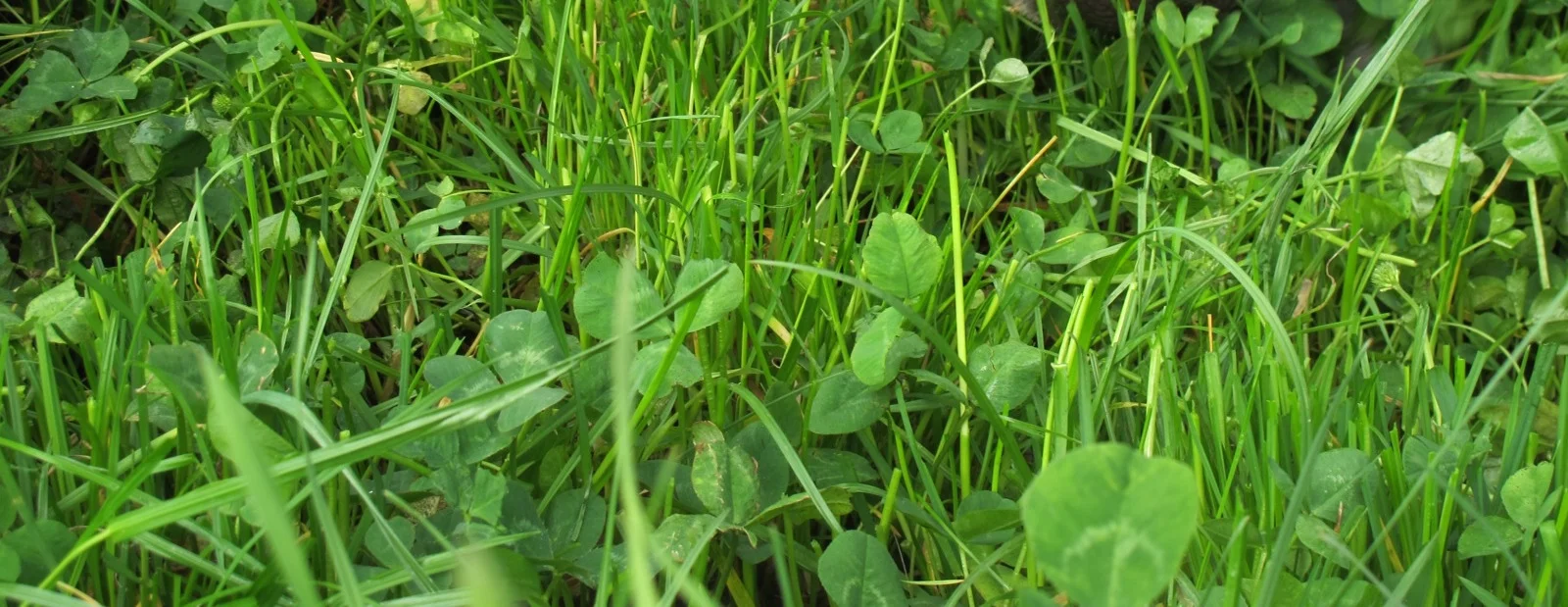Researchers believe the milk of the Tasmanian devil can hold the key to fighting drug-resistant bacteria.
A solution from nature.
Tasmanian Devil's milk that have proved to be an unlikely weapon in the increasing desperate global fight against superbugs, including MRSA say a Sydney University team. Australian researchers have discovered that peptides contained in the milk of the Tasmanian devils can kill some of the most deadly bacterial and fungal infections, including staph. To help the joeys fight off infection, the Tasmanian Devil mother's milk contains six antimicrobial peptides call cathelicidins. Human milk has only one and according to researchers fellow marsupial opossums have twelve. Researchers at the University of Sydney synthesized these six devil milk peptides which act as natural antibiotics. They found that two of them were effective against some of the most dangerous drug-resistant bacteria in the world (including golden staph and enterococus).
See the following article and the Sydney Morning Herald video in it:
Building a strong immune system protects these joeys from infection and pathogens. The milk contains the components to achieve that.
Tasmanian devil joeys are born after a very short gestation period of up to only 30 days and they do not have fully functioning immune systems. They have to crawl up through their mother's fur to the pouch. They are born into an environment - the mother's pouch - that is positively teeming with bacteria and often pathogens.
Yet the protective components in their mothers milk (which incidentally is raw milk) builds their immune systems. The milk has immune system boosting qualities.
They spend about four months in their mother's pouch and suckle their mother's milk during that time. This lead researchers to believe that they milk made by Tasmanian devils was full of beneficial qualities to help their vulnerable young survive and thrive. According to this article researcher and PhD candidate Emma Peel said, as quoted by the Sydney Morning Herald: “There are potential pathogens present in the devil microbiome, so the fact that the under-developed young in the pouch don't get sick was a clue something interesting was going on. That's what inspired our most recent study.”
According to this article the scientists artificially created the antimicrobial peptides, after extracting the sequence from the devil's genome, and found they 'killed the resistant bacteria... and other bacteria". The Sydney team recreated the six devil peptides and found and tested them on 25 types of bacteria and six types of fungi. According to this BBC article one of the synthetic peptides - Saha-CATH5 - appeared to be particularly effective at killing the superbug methicillin-resistant Staphylococcus aureus or MRSA. Many people carry MRSA on their skin but it is when it enters an open wound that it can cause problems. It is treatable with a combination of antibiotics to get around the resistance problem.
They are hoping that marsupial peptides could eventually be used to develop new antibiotics for humans to work against superbugs. Researchers are continuing to test other Australian marsupials to see if they have similar peptides and they've found them in preliminary results from koala milk, The Sydney Morning Herald reports.
Audio and Video:
Video: Devil Ark, an environmental conversation organisation, shows how to milk a Tasmanian devil.
Raw milk is the only food that combines built-in anti-pathogen mechanisms with numerous components to create a healthy immune system.
Components that assist in killing pathogens, preventing pathogen absorption across the intestinal wall and strengthening the immune system. The following table shows how pasteurisation destroys many of these anti-microbial and immune-enhancing components:
Australian microbiologist Dr Ron Hull has given expert evidence about the safety of raw milk. Dr Hull says the existence and function of this innate immunity is well established in the scientific literature, read more here.
In response to this new information about the immune system boosting qualities of marsupial milk, we would like to add this presentation by Sally Fallon Morell on the beneficial components of raw cow's milk. We know that raw milk from Tasmanian devils cannot be entirely compared with raw milk from cows but there are similar benefits to be found in the cow's milk. In fact all mammals have protective components in their breast milk. Research shows that mother's milk from mammals contains these protective components that are designed to protect and arm their young with immunity for life.
Tasmanian devil milk contains an arsenal of antimicrobial compounds that can kill some of the most deadly bacterial and fungal infections known to science. In this presentation Sally shows that raw milk from grass-fed cows too have their own unique protective components.
Video: Sally Fallon Morell on the protective components found in raw cow's milk. Download the Weston A Price's Campaign for Real Milk powerpoint presentation here.
Related Articles:
Adorable Tasmanian Devils Could Help Fight Superbugs
Tasmanian devil milk could help fight cancer, researchers hope
Devil's milk could be the killer ingredient in war on superbugs
Devil vs. Superbug: Bacteria Succumb to Tasmanian Devil Milk
Tasmanian devil milk fights superbugs - BBC
Tasmanian devil milk kills several deadly superbugs that are resistant to existing drugs
Why this image of breast milk in a petri dish is blowing the internet's mind
Superbug time bomb poised to blow as patients pop unnecessary antibiotics
The UN just categorized antibiotics in the food system as a crisis on par with AIDS and Ebola


